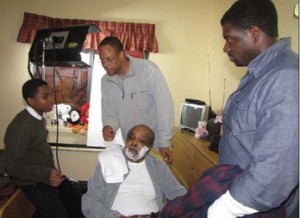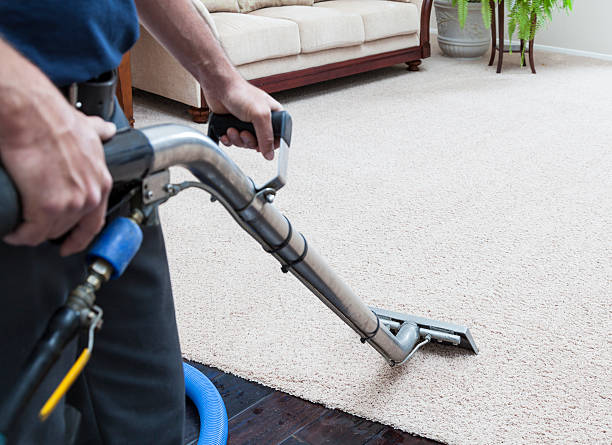(ThyBlackMan.com) Chances are, you have a friend or relative caring for a loved one with Alzheimer’s. Not only are the numbers of new cases climbing, people are being diagnosed at younger ages than ever before.
With statistics that staggering, it’s only natural to find yourself watching a parent or loved one and wondering if perhaps they’re showing signs of having it.
If so, here are a few tips that may help you navigate through the first steps:
The First Important Step…
Although still incurable, an early Alzheimer’s diagnosis might help to add a  little more precious time with the loved one you remember as well as allow them more time to enjoy the life they love and cherish with family.
little more precious time with the loved one you remember as well as allow them more time to enjoy the life they love and cherish with family.
It’s also very important to note that not all cases are the same. There are many different forms of Alzheimer’s, each with its own unique symptoms, diagnosis and treatment. That is why getting a professional diagnosis is of the utmost importance.
Separate Fear From Fact
Mom losing her keys a little more often is not a sign of impending dementia or Alzheimer’s. Mom begins losing her way home on a route she takes daily is something to discuss with the family physician. Dad repeating his favorite stories at every special family occasion is not a cause for alarm. Dad repeating the same thing over and over within the span of one short conversation is something to be noted. Normally cool and calm dad becoming a more irritable may bear watching more closely.
Cool, calm Dad suddenly accusing other family members of stealing his personal possessions is something to be concerned enough about to make an appointment with the family physician.
Forgetting a point you intended to make or what something is called is pretty common. However, forgetting how to use everyday common items or not remembering their function is an important signal that should not be ignored. For example, if mom begins putting her toothbrush in the freezer or, instead of simply turning the dial, you discover dad striking the thermostat, it’s time to get your loved one tested for dementia or Alzheimer’s as quickly as possible.
Patience. Patience. Patience.
It’s not easy to watch a parent’s behavior change. There are few things in life that prepare us for the day mom or dad shows up for breakfast with their shoes on the wrong feet. The same sweet voice that urged you to shower and brush your teeth daily may become the same voice now yelling their defiance and refusal to shower themselves.
Always try to remember, it’s only the disease talking. Resist allowing your feelings to be hurt by anything that may be said.
Written By Deborah Easton

















Great Article. Patience Patience Patience is primary. My granddad is 91 and was diagnosed with Dementia about 6 years ago. The only thing he remembers emphatically is his wife of 67 years and MONEY!
Last year I took him to the bank to authorize the release of my niece’s funds that he had been saving for her since she was a new born with the expectation that she would receive the funds upon her high school graduation.
After he signed the form authorizing the release of the funds to her, my granddad jumped up from the desk, ran to the teller, crossed his legs, leaned into the window, pulled his pension check from his billfold and told the teller he wanted to cash it.
The teller asked granddad for his ID and how did he want to receive his money. Granddad handed the teller his ID and said CASH would be fine. My niece laughed until she cried.